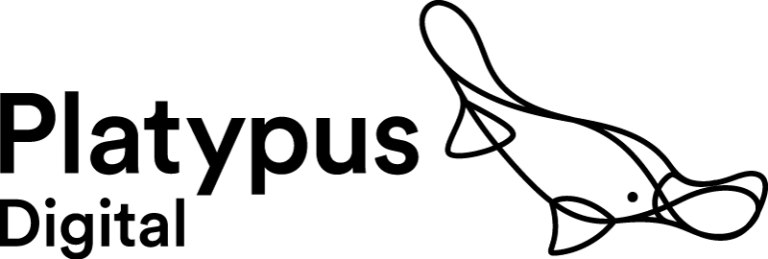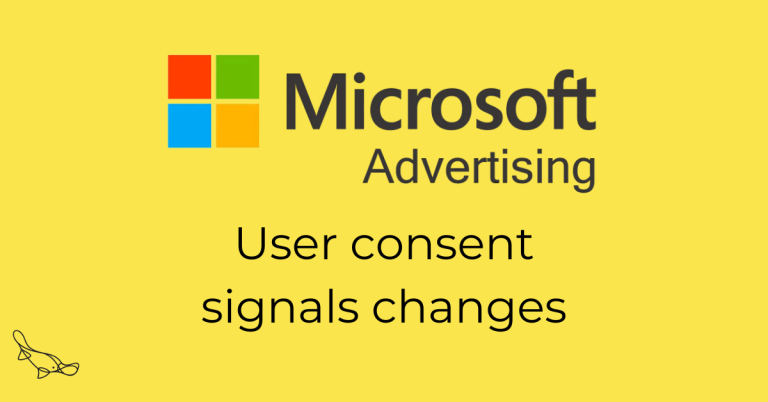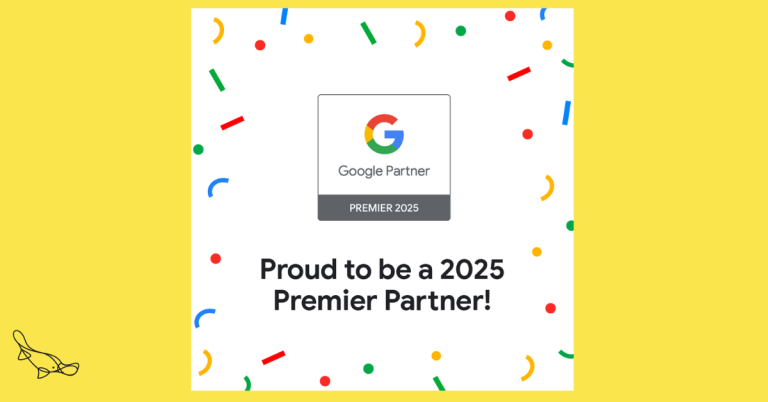When to use Facebook Ads consideration objectives
Your charity’s in the public consciousness, and you’ve built brand awareness to an all-time high. Now you’re looking for ways to use Facebook Advertising to drive people to take their first step towards becoming a donor, volunteer, or beneficiary.
It sounds like you need a consideration campaign.
You’ll probably have campaign goals you want to achieve. If you’re running your campaign on Facebook Ads, you’ll need to ensure those campaign goals and your Facebook Ads objective are aligned.
Facebook has six consideration objectives to choose from, so make sure you’re using the best objective for the job.
Why it matters
Your chosen objective affects how Facebook’s machine learning algorithm optimises your campaign.
Depending on your goal, Facebook will show your ad to different people. It will be positioned in different places and distributed across different platforms – choosing the right one is fundamental for success.
Facebook has 11 standard campaign objectives:
- Reach
- Brand awareness
- Traffic
- Engagement
- App installs
- Video views
- Lead generation
- Messaging
- Conversions
- Catalogue sales
- Store traffic
We covered awareness objectives in our previous post, so now we’ll look at consideration campaigns. Our last blog in the series will look at conversion objectives.
Sitting comfortably? Then let’s begin.
What are consideration objectives?
Consideration objectives sit in the middle of your marketing funnel. Campaigns like these are for people who know who you are and want to learn more. Their purpose is to motivate your audience to take a low level, easy action, like visiting your website or joining your email list.
There are six awareness objectives.
1. Lead generation – collect information from people interested in your charity
Main reporting metric: leads generated / cost per lead
Lead generation campaigns use Facebook’s lead tool. This inbuilt form pops up when a user clicks on an ad. It’s pre-filled with the user information they have stored on their Facebook profile, like their name, email address and phone number.
These campaigns generate loads of leads at a low cost. The sign up journey is super easy, so they lower the barrier for entry. Use them for things like petition signatures or value exchange.
A word of warning: don’t use this campaign objective if you’re hosting your lead generation form on your website (that’s a different type of conversion). This campaign objective is for Facebook forms only.
2. Traffic – take people away from Facebook to your website
Main reporting metric: link clicks / link click rate / cost per link click
Use traffic optimisation when you want to drive people onto your website. You can optimise traffic objectives in two ways:
- link clicks, which finds people most likely to click on ads, and
- landing page views, which finds people who are most likely to click then wait for the page to load fully.
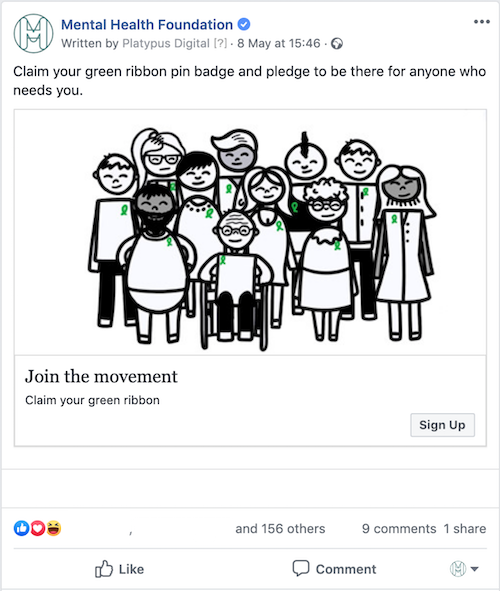
Traffic campaigns drive people to a page when you don’t need them to do anything else. They’re great for directing people to pages containing resources or promoting helplines or services.
They’re also useful for creating an audience that you can retarget later.
3. Engagement – make sure your campaign reaches people most likely to engage with your content
Main reporting metric: engagement rate
This objective drives interaction on your posts, like comments, shares, or likes. You’ll need to moderate this closely because not all interaction is good, and that can artificially inflate your engagement rates.
This optimisation is perfect for building up page engagements that you can retarget later.
4. App installs – send people directly to download your app
Main reporting metric: app installs / cost per install
This one’s self-explanatory. Use this when you want to drive users to a Google Play or Apple store to download an app you’ve developed.
Not too many charities have developed apps, but this is great for you if you have.
5. Video views – share video with people the most likely to watch
Main reporting metric: video views / video watch time
Use this objective when you’ve developed a video you’d like people to watch.
If you have a new brand video or video promoting a service, you’ll want Facebook to optimise for people who are likely to stop and watch it part or most of the way through.
This objective isn’t the same as the brand awareness objective. Though they’re theoretically both brand strategies, video views come under a consideration objective because you’re still asking people to take an action: watch a video, often to a certain length. Brand awareness campaigns are a bit more passive. You’ll need to pick the objective that best suits the action you want people to take.
6. Messages – communicate with people interested in your cause
Use this objective when you want to drive people to your Facebook Messenger, Instagram direct messages, or WhatsApp to start conversations with you.
For example, you might be using a chatbot to promote a new service – this is a great objective to use then.
Our team’s pick
Seeing is believing. Check out our team’s favourite examples of a charity nailing a consideration campaign.

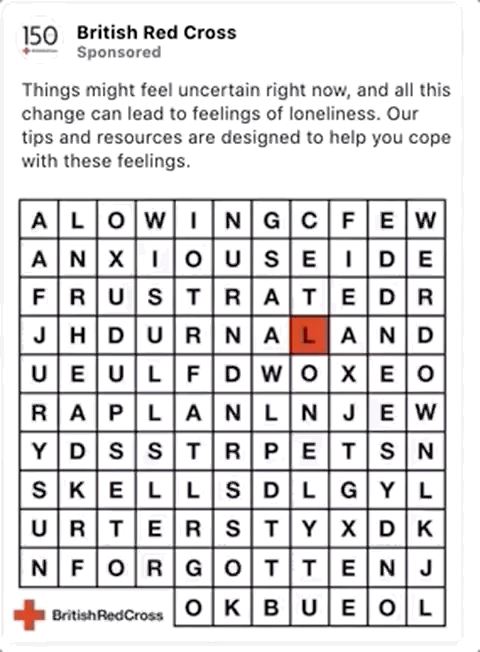
On the left, Shelter’s ad about winning a landmark court case is quick and eye-catching. It’s not asking people to do any more than watch the video.
On the right, British Red Cross hs an ace example of a compelling and engaging ad. It directs people to a page on their site, but nothing else.
In both cases, these ads are short, sharp and vibrant, featuring quick cuts and dynamic movement. Combined with a video view objective, they’re primed to get as many eyes on it as possible and to make a point quickly
Choosing the best objective for your campaign
Before creating your campaign in Ad Manager, carefully consider your goals, success measures, and the call to action – what are you inspiring people to do with your ad?
Chances are you’ll have several campaign goals, but make sure you only choose one. Which single metric is the most important?
Consideration objectives are the right choice for your campaign if you’re trying to:
- generate leads with a value exchange offer at the lowest cost
- promoting an informational page about new services, or
- reach people more likely to engage with your content.
If this sounds like what you’re trying to do, you’re ready to get cracking. Head to Ads Manager, set up your campaign, and select your campaign objective.
Not sure what you need?
Get in touch. We’ll audit your set-up and help you create a campaign using the best Facebook objective for the job.
